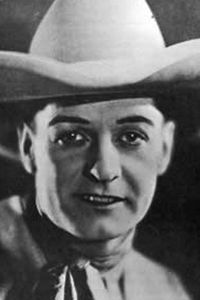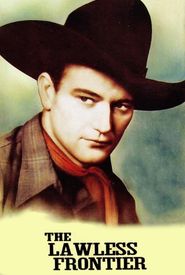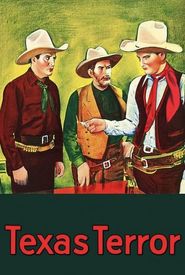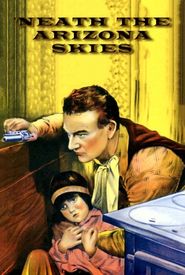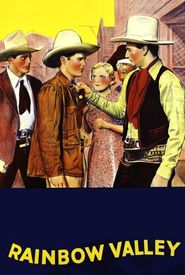Wilbert Jay Wilsey, born in Clark County, Missouri in 1896, developed a passion for horse riding at a young age. As he grew older, he began competing in rodeos and eventually landed in Hollywood in 1924. Wilsey learned that producers were seeking skilled horsemen for western movies and sought out work, ultimately signing a contract with producer Lester F. Scott Jr. and Action Pictures.
Wilsey adopted the stage name "Buffalo Bill Jr." and worked steadily throughout the silent era, primarily for Scott. He also appeared in a couple of non-western serials for Universal, including "A Final Reckoning" (1928) and "The Pirate of Panama" (1929).
When sound films became the norm, Wilsey easily transitioned and continued working in westerns, often alongside former colleagues from Action Pictures, such as Buddy Roosevelt and Hal Taliaferro. Wilsey worked for various low-budget production companies, including Big 4, Syndicate, West Coast Pictures, and Cosmos Pictures.
Wilsey's career took a notable turn when he began working with notorious micro-budget producer Victor Adamson, who was known for his extremely low-budget westerns. Wilsey appeared in a string of these films, which are often considered among the worst films ever made. Despite their poor quality, the films were still profitable due to their extremely low production costs.
As Wilsey's career progressed, he continued to work in low-budget westerns, often for quickie producers like William M. Pizor and Robert J. Horner. Wilsey's pay was minimal, and he eventually began accepting supporting roles and stunt work in other cowboy stars' westerns.
Wilsey's final film appearance was in the John Wayne Cold War propaganda film "Big Jim McLain" (1952),in which he played a Communist labor organizer. After his retirement, Wilsey and his wife, actress Genee Boutell, spent their time sailing around the Pacific Ocean on their 42-foot-long sailboat, the "Ruana".
Jay Wilsey passed away on October 25, 1961, in Los Angeles, due to lung cancer.
